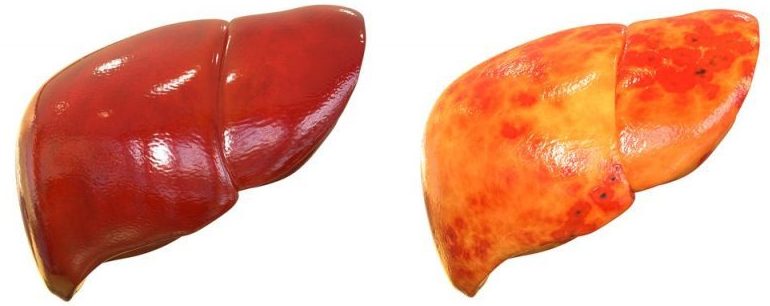Tiziana Life Sciences is acquiring candidates to gain leverage in the profitable NASH market, where there’s currently a fierce competition.
Tiziana Life Sciences, a biopharmaceutical company from London, is planning to enter the competitive space of non-alcoholic steatohepatitis (NASH). To gain leverage over bigger companies fighting to enter a market expected to hit a massive €38B ($40B) by 2025, the company is in-licensing a fully human monoclonal antibody from Novimmune, in Switzerland. No details on the size of the deal have been disclosed.
The drug candidate in question, NI-1201, fights inflammation by binding to the interleukin-6 receptor (IL-6R). Tiziana plans to use the antibody in combination with foralumab, an anti-CD3 antibody also licensed from Novimmune, for the treatment of autoimmune and inflammatory diseases like NASH or rheumatoid arthritis.

With this new asset, Tiziana wants to get leverage over its big competitors. Unlike Roche‘s tocilizumab, which only binds to membrane-bound IL-6R, NI-1201 can bind to targets in solution, being able to clear it from the bloodstream.
However, the company still has to prove that its candidates perform well in the clinic to compete in this crowded space. There’s currently no treatment available for NASH, while the number of patients grows along with the obesity and diabetes epidemic. This has made the space very attractive for companies like Genfit in France or Intercept in the US, the two companies currently leading the race to launch a NASH treatment with ongoing Phase III trials.
Tiziana Life Sciences may not be the first to reach the NASH market, but if its technology performs well, it could eventually bring a new generation of treatments that further improve the health of the more than 30 million people suffering from this condition.
Images by Ondrej Prosicky, Magic mine/Shutterstock





